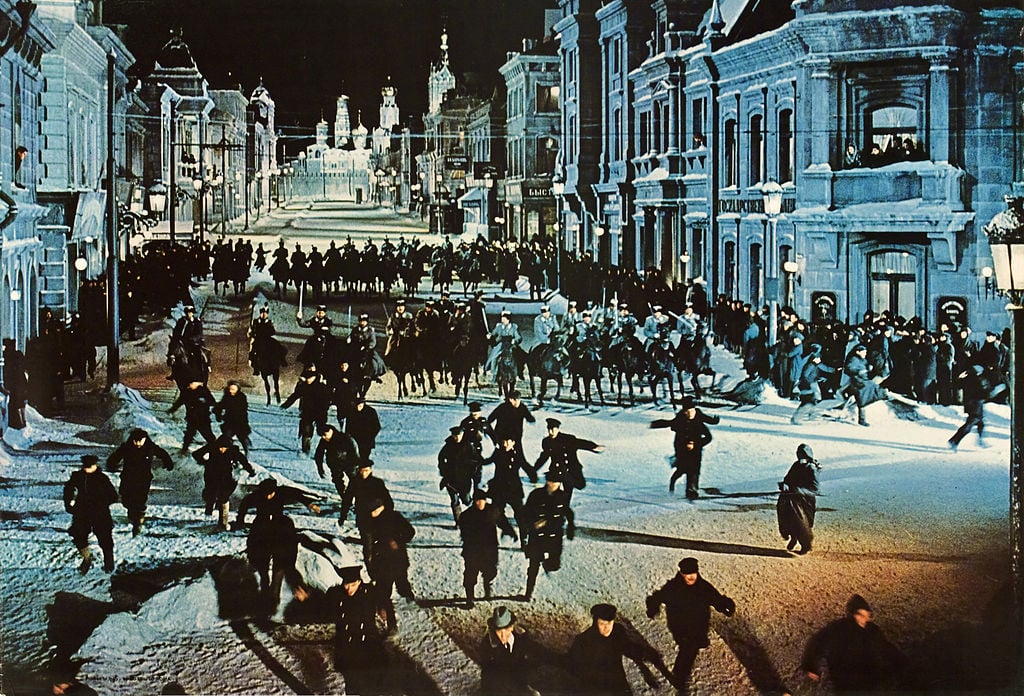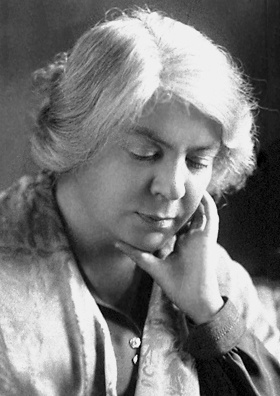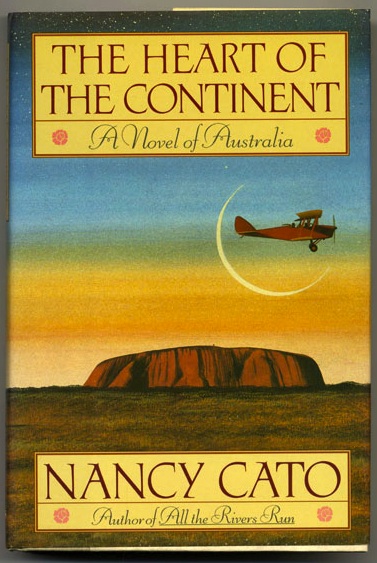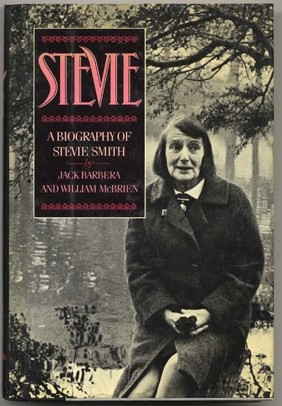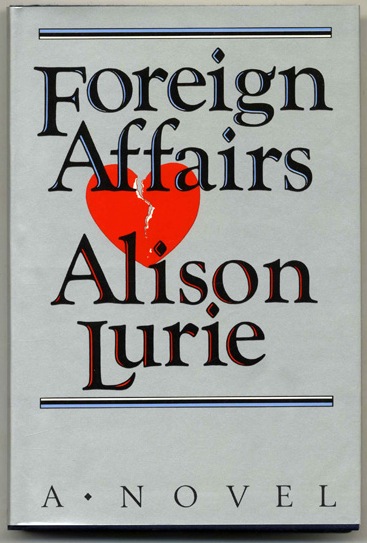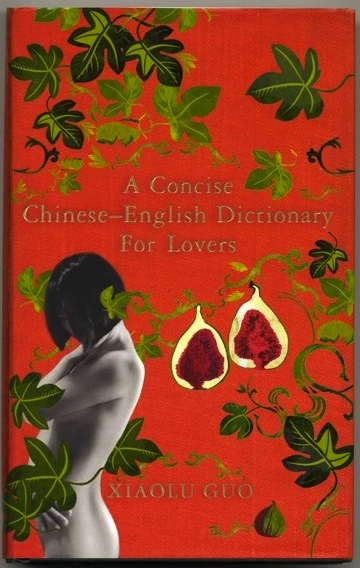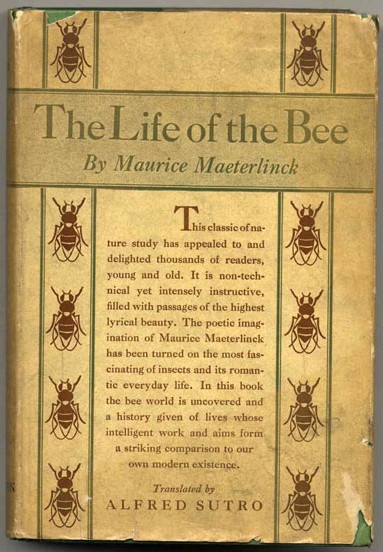Elizabeth Gaskell was a woman ahead of her time. Her writing won the admiration of people like Charles Dickens, Charlotte Brontë, Charles Eliot Norton, and Harriet Beecher Stowe, among others. Like modern professionals, Gaskell and her husband often lived separate lives in order to accommodate their own vocations. However, both were supportive and involved in the other's career. At the time of her death in 1865, the literary magazine The Athenaeum described her as, "if not the most popular, with small question, the most powerful and finished novelist of an epoch singularly rich in female novelists." Here are five interesting facts about this Victorian career woman.
us toll free: 1-800-948-5563 international: +1 (843) 849-0283 UK: +44 (0) 1334 260018





